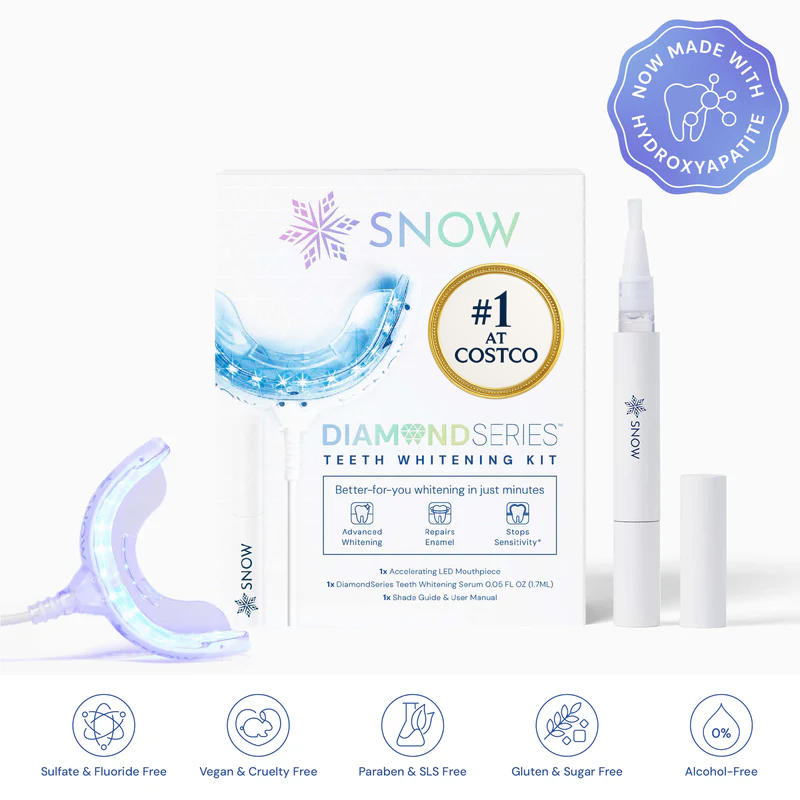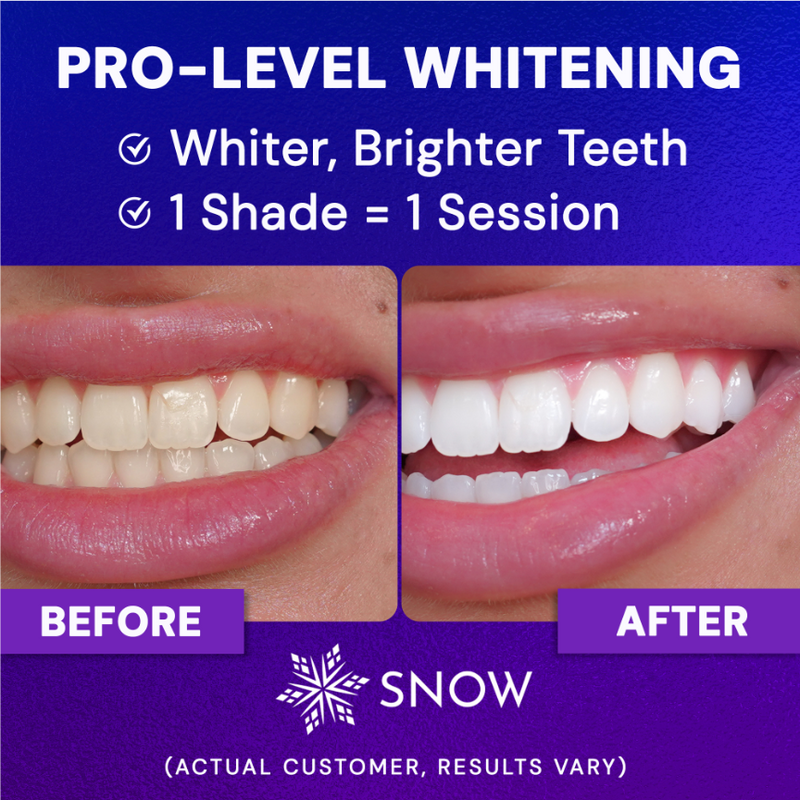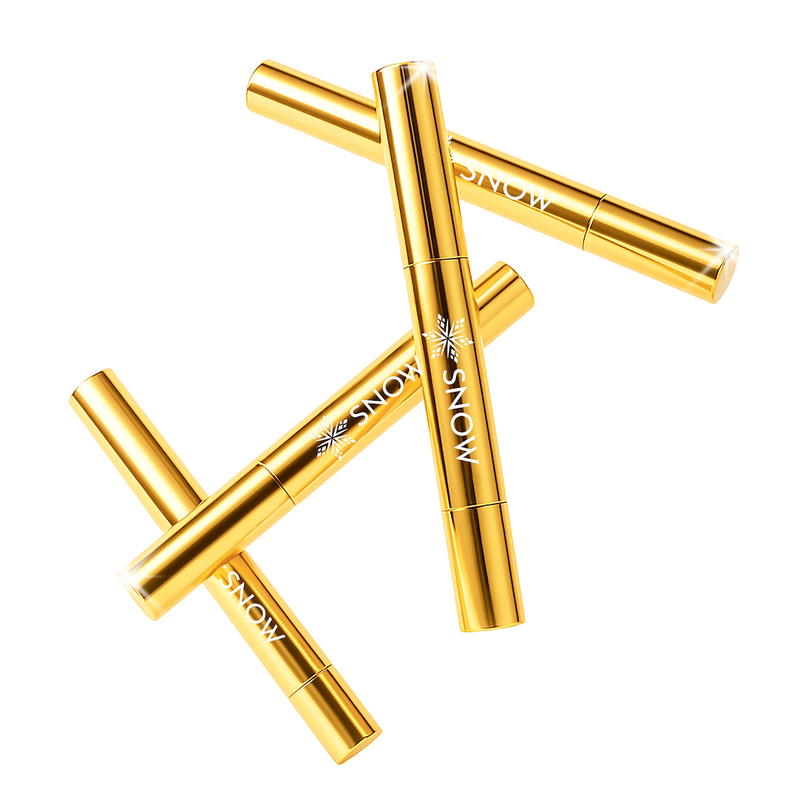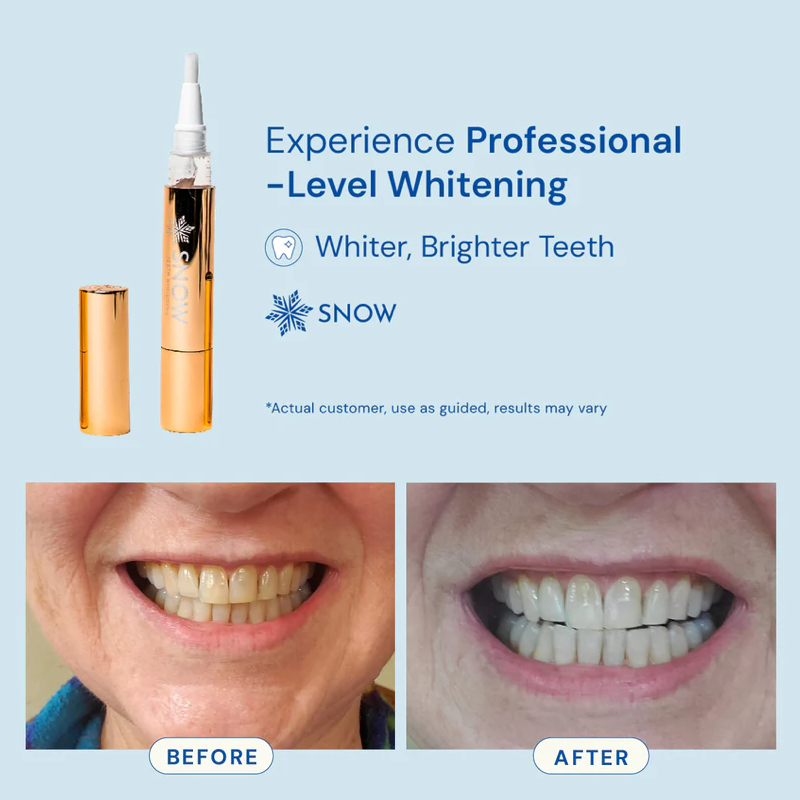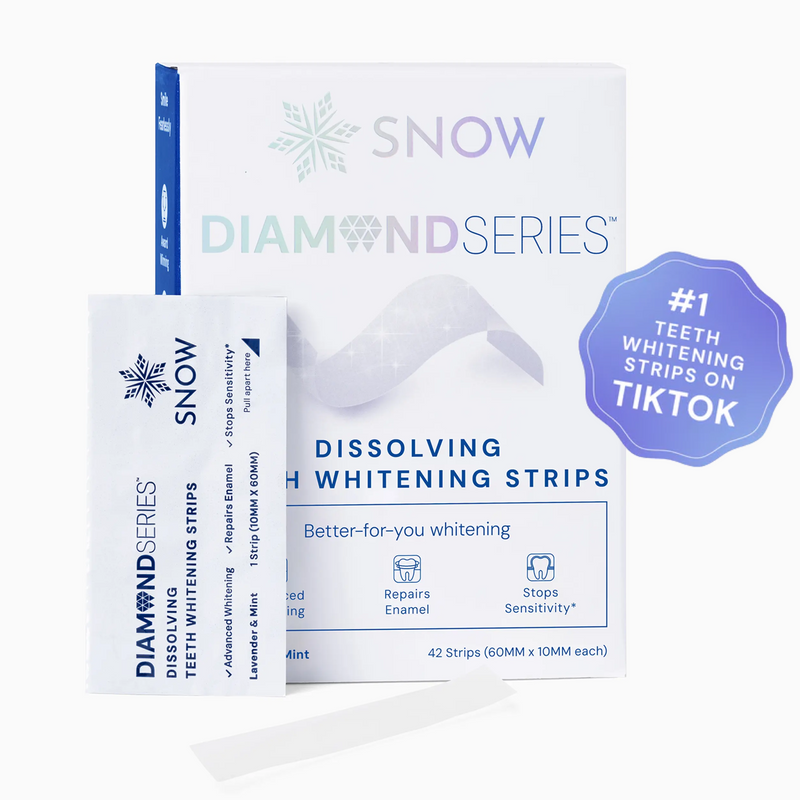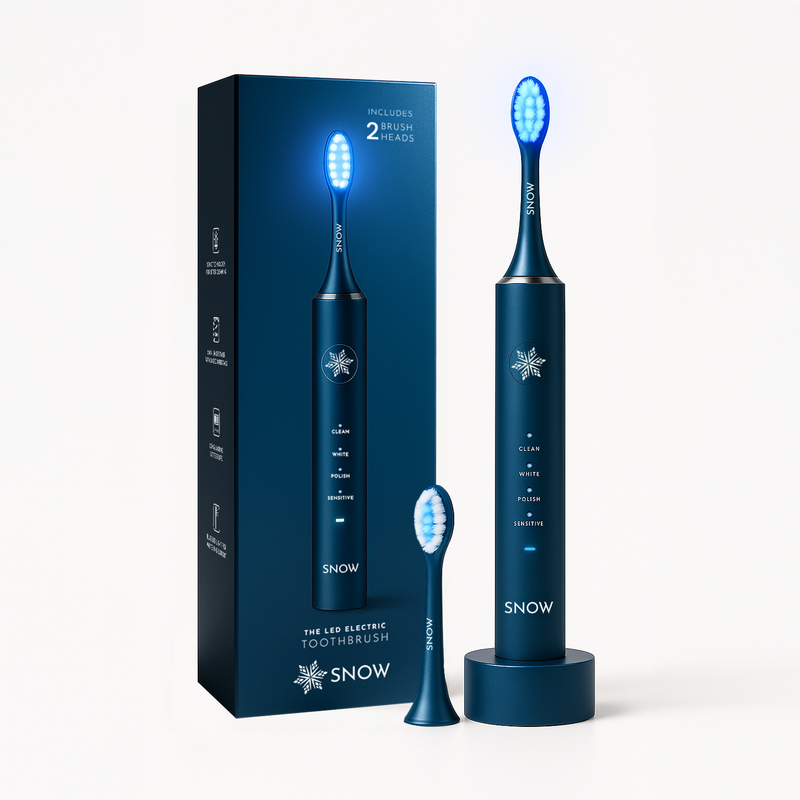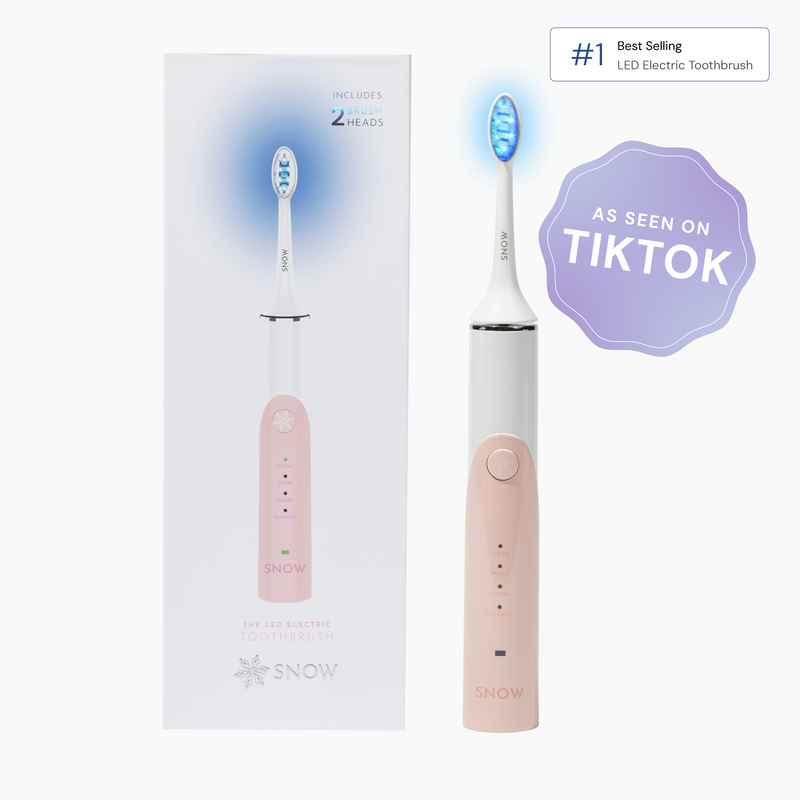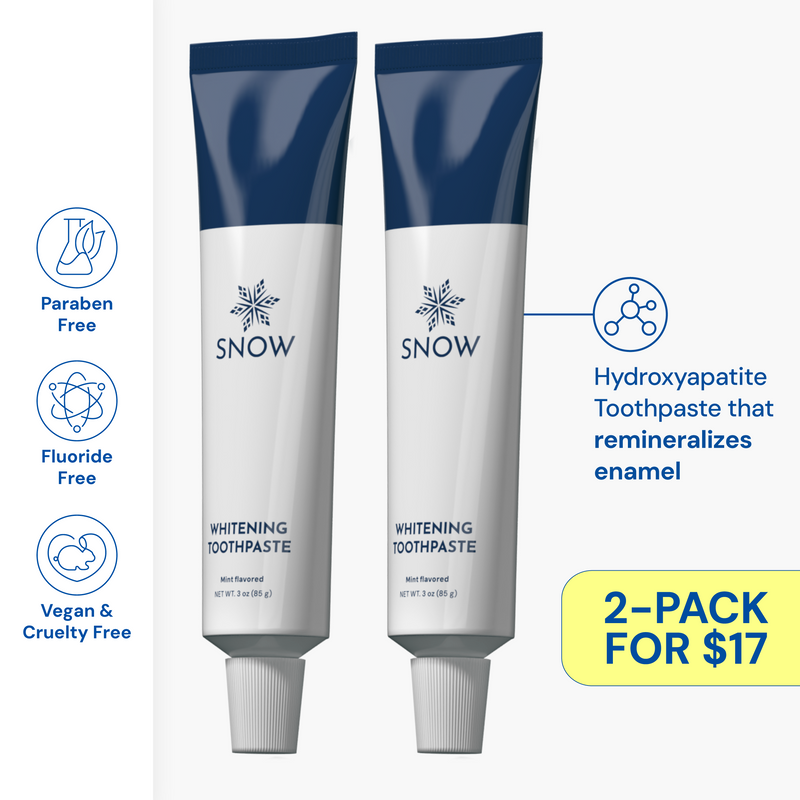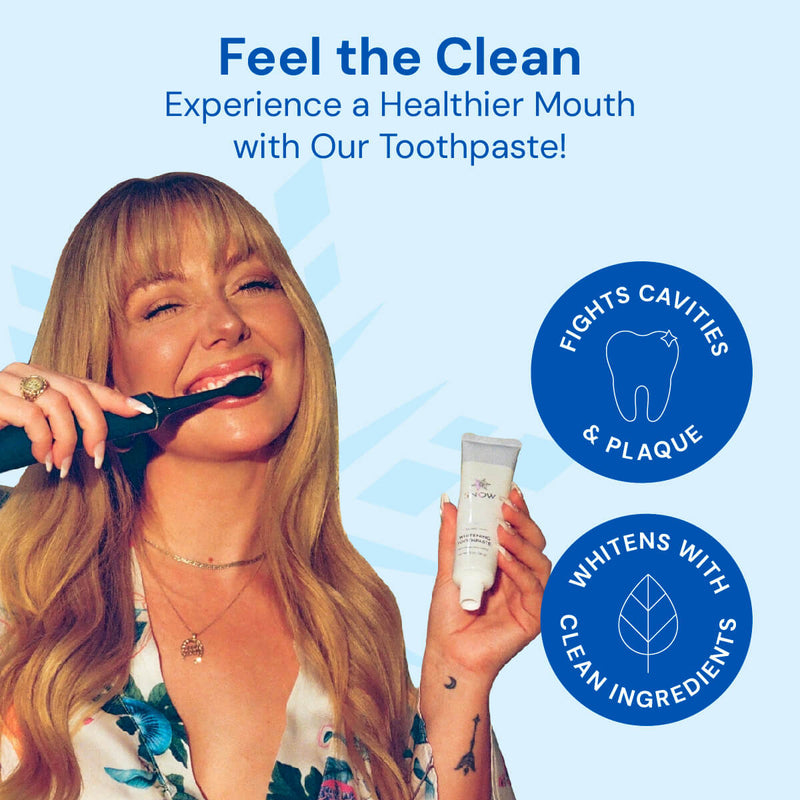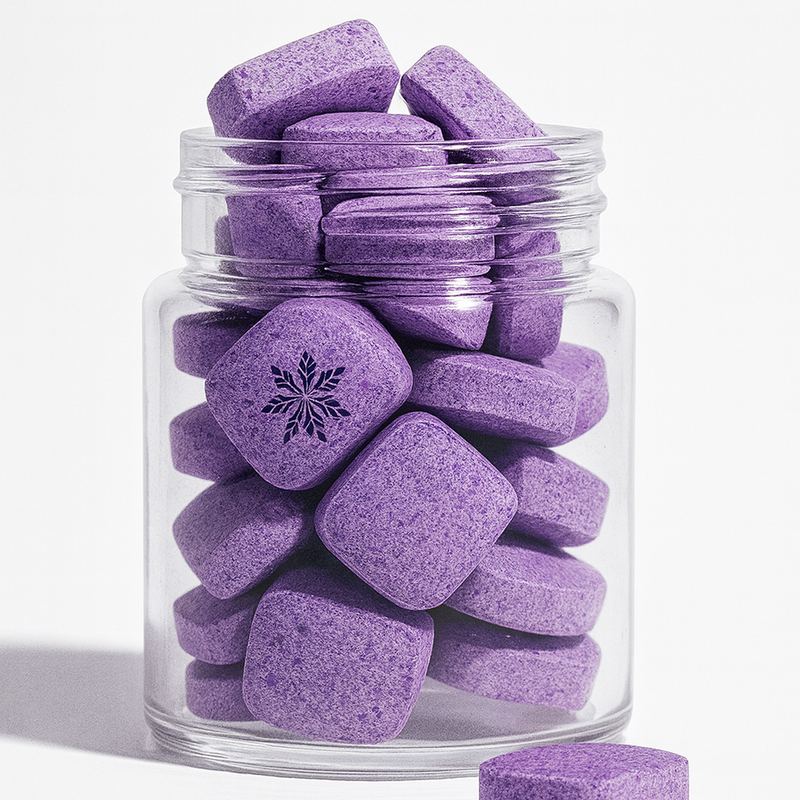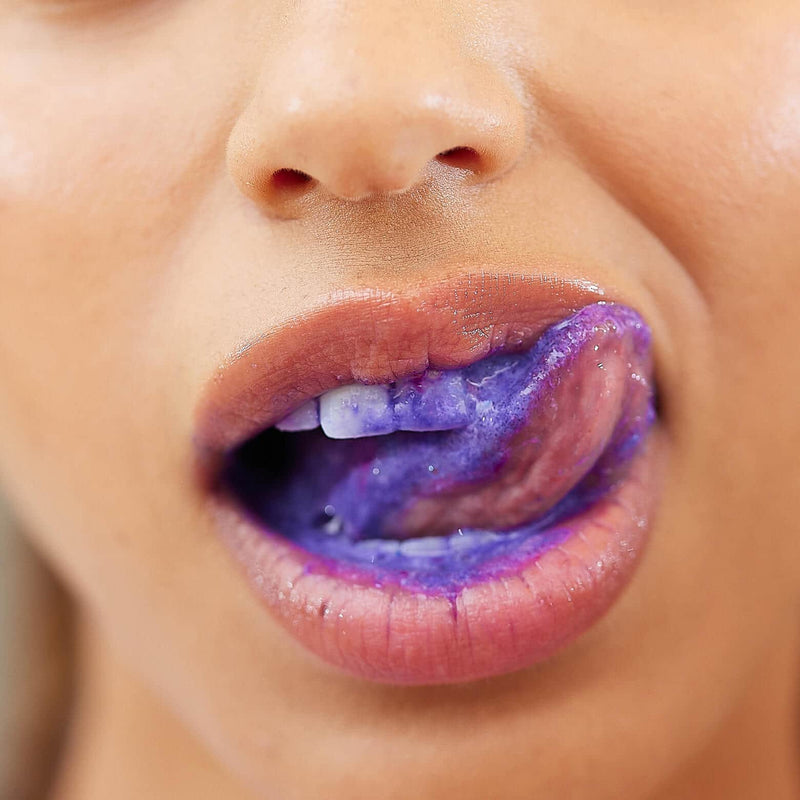Turmeric is celebrated as a powerful spice with remarkable health benefits, from reducing inflammation to supporting digestion.
But when it comes to your teeth, turmeric has a different reputation. The golden pigment that makes turmeric such a standout in curries and teas can also leave a yellow mark on your smile.
Many people wonder: Does turmeric stain your teeth permanently, or can these marks be managed with good oral hygiene and proper brushing?
This article breaks down why turmeric stains teeth, what factors make staining worse, how to prevent or treat stains, and what science actually says about turmeric’s effect on tooth enamel.
We will also explore natural ways and professional treatments to keep your teeth bright while enjoying the benefits of this vibrant spice.
Key Takeaways
-
The curcumin pigment in turmeric can cling to tooth enamel and cause yellow surface stains, especially with frequent consumption and poor oral hygiene.
-
Most turmeric stains are not permanent and can be reduced with regular brushing, flossing, rinsing, or professional treatments like whitening and cleanings.
-
While turmeric has health benefits like reducing inflammation, practicing good oral hygiene and using whitening support helps you enjoy the spice without compromising a bright smile.
Why Turmeric Stains Teeth
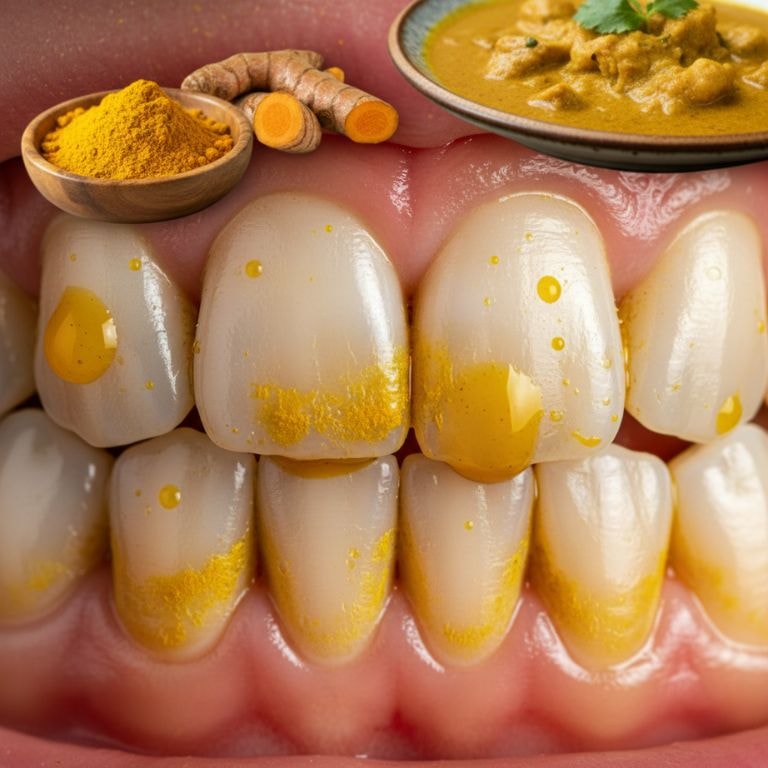
Turmeric contains curcumin, a bright yellow pigment. This compound has strong binding power, which means it can stick to surfaces, including tooth enamel. When you eat turmeric-based foods or drinks for an extended period, curcumin pigments lodge into the microscopic ridges and pores of enamel, leaving surface stains.
Turmeric can cause both extrinsic and intrinsic teeth stains, as its pigments can accumulate on the enamel surface and, in some cases, penetrate deeper into the tooth structure. The yellowing of teeth is a common result of this pigment accumulation.
-
Curcumin and pigments: The bold color that gives turmeric its appeal is exactly what causes stains on teeth. Over time, exposure leads to yellow teeth, and this yellowing is a visible sign of turmeric-related teeth stain.
-
Surface vs intrinsic stains: Most turmeric stains are surface stains, which means they sit on the enamel’s outer layer and are easier to manage. However, if enamel is weakened, pigments may contribute to deeper intrinsic stains that are more difficult to treat.
-
Why it gets worse: With frequent turmeric use, pigments accumulate and lead to discoloration that regular brushing alone may not fully remove.
In one study by Telang et al. (2018), dental materials were exposed to turmeric and found that turmeric caused one of the most significant color changes compared to other agents. This shows just how powerfully turmeric can stain, even though that research was done on resins rather than natural teeth.
Factors That Increase Turmeric Stains on Teeth
Not everyone who eats turmeric ends up with yellow teeth. Several conditions make you more susceptible to staining.
-
Frequency of consumption: The more you consume turmeric—whether eating it in foods or drinking turmeric-based beverages like lattes and teas—the more likely pigments will accumulate on your teeth. Daily use in foods or as a supplement raises the risk.
-
Acidic foods and drinks: Consuming turmeric with coffee, red wine, or citrus drinks weakens enamel. Once enamel is softened, pigments can stain your teeth more easily.
-
Poor oral hygiene: Without regular brushing and flossing, plaque builds up on the surface of teeth. Plaque acts like glue that traps pigments from turmeric, leading to stubborn stains.
-
Weakened enamel: People with enamel erosion, cavities, or soft tissue inflammation in gums are more likely to stain their teeth from turmeric because pigments can seep into porous areas.
A 2025 in-vitro experiment by Patel et al. immersed composite materials in turmeric solution daily. Results showed that almost all materials developed noticeable stains within two weeks. Even bleaching with hydrogen peroxide did not fully reverse discoloration, suggesting that turmeric stains teeth strongly once they set in.
How to Prevent Turmeric Stains on Teeth
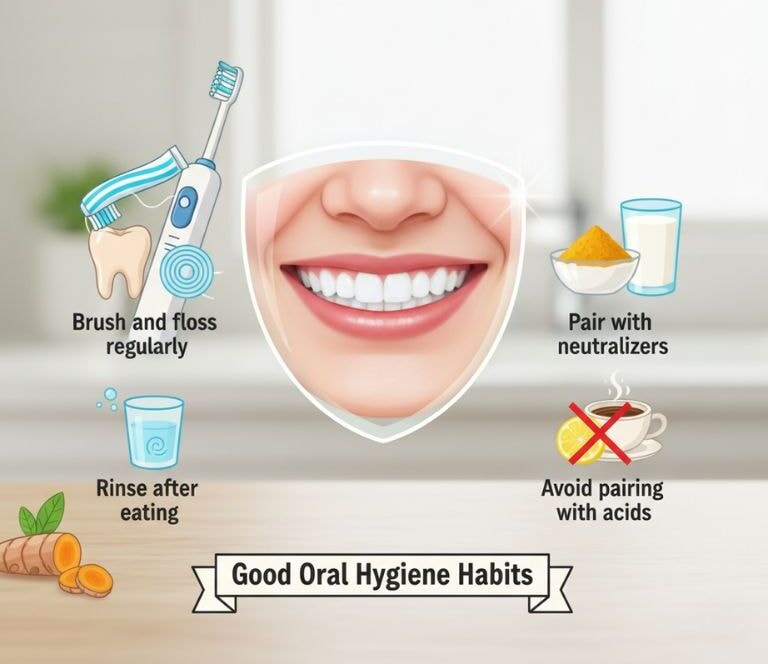
The good news is that turmeric stains are not permanent if you act quickly. Prevention is easier than trying to remove stains later.
-
Rinse after eating: Washing your mouth with water right after consuming turmeric-based foods or drinks reduces pigment exposure.
-
Liquid forms of turmeric, such as herbal extracts or turmeric rinses, can also contribute to staining. Rinse your mouth with water after using any turmeric-containing liquid to help prevent stains.
-
Brush and floss regularly: Proper brushing twice daily with fluoride toothpaste and flossing once daily prevent plaque buildup and help remove surface stains before they harden.
-
Pair turmeric with neutralizers: Eating turmeric with dairy, like yogurt or milk, helps block pigments from sticking to teeth.
-
Avoid pairing with acids: Do not eat turmeric-heavy meals right after acidic foods or drinks like citrus or coffee, since acids expose enamel to more staining.
-
Good oral hygiene habits: Consistent care is the foundation for keeping your bright smile while enjoying the health benefits of turmeric.
A 2018 study found that turmeric caused less staining than some other agents but still left visible marks. This reinforces the importance of prevention through good oral hygiene, rinsing, and regular brushing.
Home Remedies to Remove Turmeric Stains
If turmeric has already begun to stain your teeth, simple home methods can help lighten discoloration.
-
Baking soda and hydrogen peroxide paste: Mixing baking soda and water with a small amount of hydrogen peroxide creates a mild abrasive that can help remove surface stains. Use sparingly to avoid enamel wear.
-
Oil pulling: Swishing coconut oil in the mouth for 15–20 minutes can help lift pigments and reduce bacteria that cling to teeth.
-
Apple cider vinegar rinse: Diluted apple cider vinegar may lighten stains, but it must be used cautiously to avoid damaging enamel.
-
Lemon peel rub: The natural acids in lemon can brighten yellow stains. However, because acids affect enamel, this should be used only occasionally and followed by a rinse with water.
While home remedies can help manage turmeric-stained teeth, they are not a substitute for professional treatments when stains persist.
Professional Treatments for Stubborn Turmeric Stains
For people who have consumed turmeric for an extended period or have already exposed enamel to damage, home remedies may not be enough. Professional treatments are more effective for managing deeper stains.
-
Professional cleanings: Dentists use tools to wash away plaque and polish enamel, removing pigments more thoroughly than brushing at home.
-
Whitening treatments: Dental whitening treatments often use hydrogen peroxide gels applied in trays or directly on teeth to lift discoloration caused by turmeric. Professional teeth whitening procedures can offer quicker and more dramatic results than over-the-counter products.
-
Veneers and restorations: In severe cases where intrinsic stains cannot be whitened, veneers may be used to cover stained teeth and restore a bright smile.
Kandalkar et al. (2025) found that enamel roughened by acid etching retained more turmeric stains than smooth enamel. This means professional treatments that protect enamel, such as polishing and controlled whitening treatment, are critical for long-term stain management.
Comparing Turmeric Stains with Coffee, Tea, and Red Wine
Turmeric is not the only food that can stain your teeth. Understanding how it compares with other staining agents helps you manage risks.
-
Coffee and tea: Both contain tannins that stain teeth. Unlike turmeric, these stains are usually brown and can be lifted with regular brushing.
-
Red wine: Dark tannins in wine can cause deep purple or grey stains. These may be harder to treat than turmeric’s yellow tint.
-
Turmeric: While turmeric causes a bright yellow stain on your teeth, it often responds well to whitening treatments and regular brushing when caught early.
A 2022 study explored turmeric extract in bleaching and surprisingly found that when combined with low-level hydrogen peroxide, turmeric contributed to color improvement in non-vital teeth. While not for everyday use, this research hints at how turmeric’s pigments interact differently in some whitening contexts.
Oral Health Benefits of Turmeric
Although turmeric can stain teeth, it is also linked to oral health benefits. Turmeric has been used in Asian medicine for centuries, and recent studies indicate it may promote good oral health.
-
Reducing inflammation: Curcumin has anti-inflammatory properties that may help with gingivitis and support healthier gums.
-
Antioxidants: Turmeric contains natural antioxidants that may protect soft tissue in the mouth.
-
Bacterial control: Studies suggest turmeric may affect oral bacteria, helping reduce plaque and support good oral hygiene.
These benefits mean you don’t need to avoid turmeric altogether, but you should balance its health benefits with strategies to manage teeth stains.
Can Turmeric Whiten Teeth? Myth vs Fact
Some natural remedy enthusiasts claim that turmeric can whiten your teeth. But scientific evidence does not support this.
-
The myth: Turmeric’s natural pigments are sometimes promoted online as a whitening powder.
-
The fact: The American Dental Association has found no scientific evidence that turmeric can whiten teeth. In fact, curcumin pigments are more likely to stain than whiten.
-
Why the myth persists: Some people use turmeric with hydrogen peroxide or baking soda and attribute results to turmeric, when it is actually the peroxide or abrasive action providing stain removal.
Instead of relying on myths, use evidence-backed methods like whitening toothpaste, professional treatments, or enamel-safe at-home kits from trusted brands like SNOW.
Final Thoughts
So, does turmeric stain your teeth? Yes. The curcumin pigment in turmeric can stick to enamel, leading to surface stains and discoloration over time. Factors like acidic foods, poor oral hygiene, and frequent consumption make stains more likely.
The good news is most turmeric stains are external and manageable. With regular brushing, flossing, rinsing after meals, and occasional whitening treatments, you can keep your bright smile while still enjoying the health benefits of this powerful spice.
At SNOW, we create whitening solutions that protect enamel, lift surface stains, and help you achieve lasting confidence. From whitening toothpaste with hydroxyapatite to LED whitening kits, SNOW products are designed to treat stains safely and effectively. Explore our collection today!
Frequently Asked Questions
Your turmeric teeth questions, simply explained.
How can you prevent turmeric stains on teeth?
You can prevent turmeric stains on teeth by rinsing your mouth right after eating turmeric-based foods or drinks. Brushing with whitening toothpaste regularly, flossing daily, and using a straw for turmeric drinks can also reduce stain buildup. Another simple trick is pairing turmeric with dairy products like milk or yogurt, which helps block pigments from sticking to enamel.
Are turmeric stains on teeth permanent?
No, turmeric stains on teeth are usually not permanent. Most of these are surface stains and can be removed through proper brushing, flossing, and consistent oral hygiene. If stains remain after regular brushing, professional cleanings from a dentist can restore a brighter smile.
What are safe ways to remove turmeric stains from teeth?
Safe ways to remove turmeric stains from teeth include professional dental cleanings, brushing with a whitening toothpaste, or occasionally using a baking soda paste. Whitening strips and oil pulling are other natural ways to lighten stains, though results may vary. If you want enamel-safe support at home, products like the SNOW Teeth Whitening Kit or SNOW Whitening Toothpaste with Hydroxyapatite can gently lift stains without harming enamel.
Embrace the health benefits of turmeric, and let us take care of your smile!
If you savored this article, take a bite out of some of these related posts:
- Does Matcha Green Tea Stain Your Teeth
- Can You Eat Lettuce After Teeth Whitening
- Does Dark Chocolate Stain Teeth
- Strawberry Whiten Teeth Recipe
- Do Beets Stain Your Teeth
- How Long Does Food Coloring Stain Teeth
- Does Tomato Sauce Stain Teeth
- Does Honey Whiten Teeth
- Cloves For Teeth Whitening
- Does Acai Stain Your Teeth
- Does Watermelon Whiten Teeth
- Do Apples Stain Teeth
- How to Whiten Teeth Instantly
- Can Yellow Teeth Become White?
- Can I Whiten My Teeth Twice a Day?














































